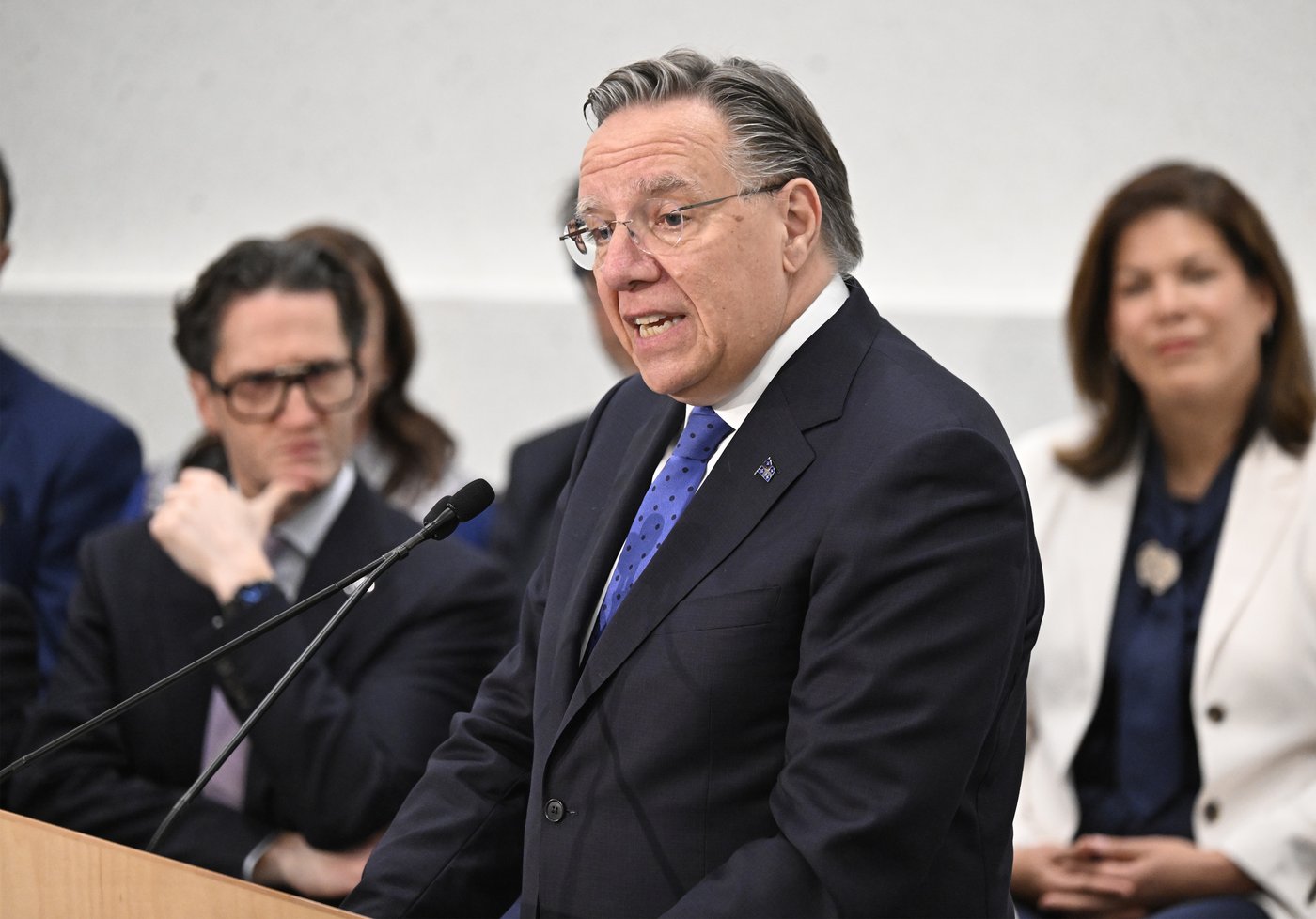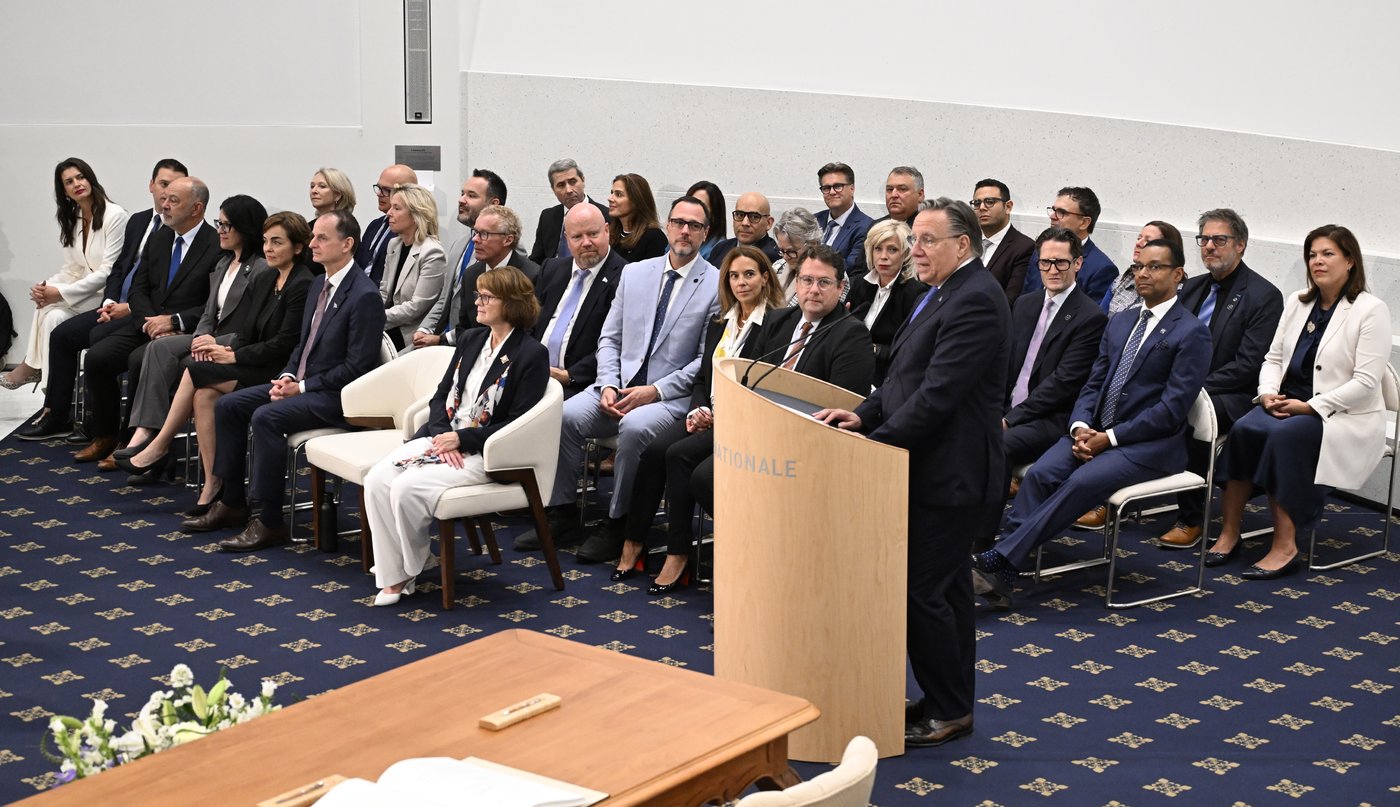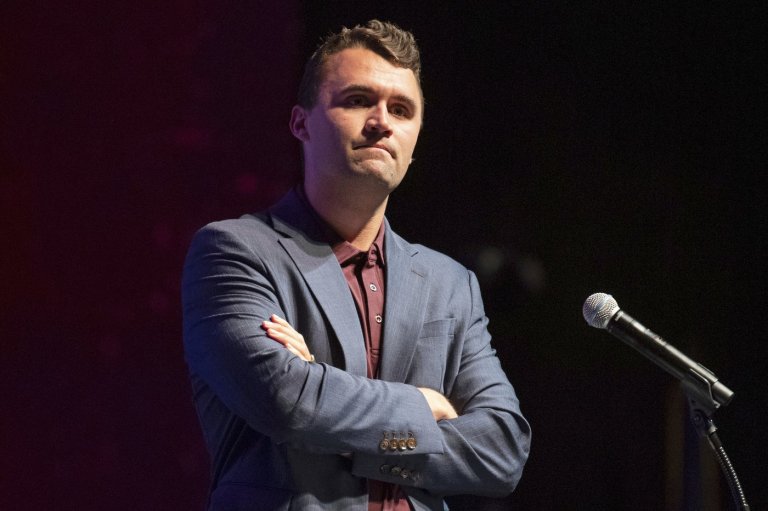
Quebec premier shuffles cabinet, promises ‘shock treatment’ in year before election
MONTREAL — Quebec Premier François Legault, one year away from the general election and deeply unpopular with the electorate, announced a major cabinet shuffle on Wednesday and promised to soon present a new vision for the province’s economy.
He also pledged to make radical changes to the public service, saying the system needs a “shock treatment” to get out of its lethargy. It’s all part of a plan to revive the fortunes of his party, which according to polls is at risk of disappearing from the electoral map after it won a second mandate three years ago with a decisive majority.
In front of his new cabinet on Wednesday, the premier suggested his planned changes for the next year will not be easy, but are necessary.
“At my age, I’m no longer in popularity contests, what motivates me is my love for the people of Quebec,” Legault told the swearing-in ceremony in Quebec City. He may have been referencing a poll released earlier this week by the Angus Reid Institute indicating that at 22 per cent support, he was the most unpopular premier in the country.
“It is Quebecers who will judge us in October 2026,” he said of the scheduled election.
Part of his plan for the next year, he said, is to make major changes to the bureaucracy. “Nothing less than breaking out of the current system, breaking out of this straitjacket will do,” he said. “That means we need to cut deeply into the bureaucracy. We need a shock treatment.”
It will be up to France-Élaine Duranceau, the new president of the Treasury Board and minister responsible for government administration and state efficiency, to ensure every department does its part.
“And she will have my full support,” the premier said of Duranceau, who was shuffled out of housing.
The cabinet Legault plans to lead into the final year of his party’s second term is composed of mostly familiar faces moved into new roles, with five members elevated from the party’s backbench. The number of ministers remained unchanged at 29.
And aside from the shuffle, he laid out his government’s four priorities — economy, bureaucratic efficiency, security and identity.
He said that since 2018, when his Coalition Avenir Québec took power for the first time, the world has changed, including by the COVID-19 pandemic, cost-of-living crisis, and a protectionist United States president who has launched a trade war with Canada. In response, he said, he plans to reshape Quebec’s economic and energy future.
“In the coming weeks, I will present, with the minister of the economy, a completely new economic vision for Quebec,” he said of Economy Minister Christine Fréchette, who will keep her portfolio.
While not part of his four top priorities, Legault said the “explosion” of immigrants to the province will also remain front and centre in his government. “We have been overwhelmed by an explosion in immigration … uncontrolled by the federal government,” Legault said. “I don’t blame the immigrants themselves; these women and men, with their children, who are seeking a better life.”
As Legault has often repeated, immigration to Quebec has consequences for housing, education and health care. The pressure is felt particularly in Montreal and its northern suburb, Laval.
“We are leading the fight to get the federal government to reduce the number of temporary immigrants in Montreal and Laval by 200,000,” Legault said. “We remain confident that we can convince the new federal government.”
Immigration Minister Jean-François Roberge, who was one of several ministers to conserve his spot, told reporters there has been no response thus far from Prime Minister Mark Carney’s Liberal government, and the clock is ticking.
In addition to Roberge, some of the other ministers keeping their portfolios included Christian Dubé in health, Eric Girard in finance and Simon Jolin-Barrette in justice.
Others have new roles: Sonia LeBel, formerly at treasury, will move to education; Martine Biron, who held the international relations portfolio, will move to higher education.
Bernard Drainville, who was at education, moves to environment, where Legault has tasked him with reducing delays to get projects off the ground.
Jonatan Julien, who was energy minister, will move to transport, replacing Geneviève Guilbault, who found herself in the limelight recently at a public inquiry into a digitization project at the auto insurance board that incurred cost overruns of $500 million. Guilbault moved to municipal affairs. Her predecessor in transport, François Bonnardel, lost the public security portfolio and was left out of cabinet.
Five backbenchers were elevated to cabinet on Wednesday, the most prominent of whom are Donald Martel, who will become agriculture minister, and Amélie Dionne, who takes over as tourism minister.
In addition to Bonnardel, also left out of cabinet was Maïté Blanchette Vézina, the province’s former forestry minister. She had difficulty with a bill tabled this spring that aimed to protect communities dependent on the forestry industry. But the legislation led to rising tensions between forestry workers and Indigenous protesters, who say the bill will ruin their way of life.
Legault has one year left to flip the script on his party, which like him, is unpopular among voters. Poll aggregator Qc125.com says if an election were held today, the CAQ would not win a single seat; the party won 90 of 125 in 2022. The Parti Québécois, meanwhile, is surging and has won a series of recent byelections. It would win a majority if an election were held today, according to Qc125.
This report by The Canadian Press was first published Sept. 10, 2025.


Join the Conversation!
Want to share your thoughts, add context, or connect with others in your community?
You must be logged in to post a comment.



















